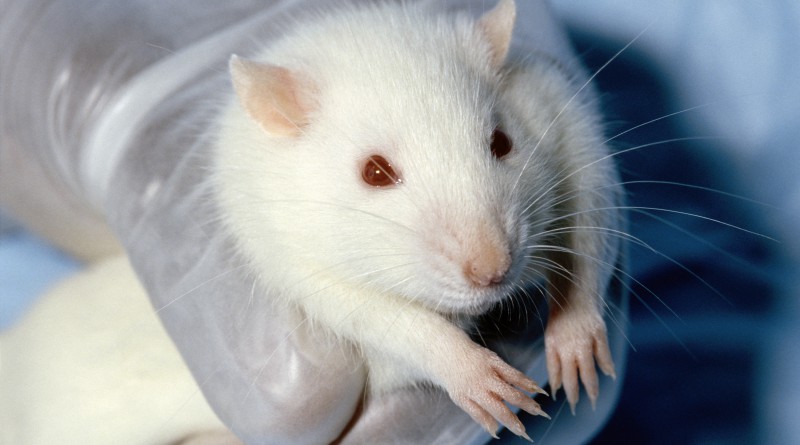Humane Research Organization Raises Concerns Over UBC’S 2014 Animal Use Statistics
For Immediate Release:
December 9, 2015
Vancouver, BC – Last week, the University of British Columbia (UBC) released statistics on its animal use in 2014, including an estimate of the total number of animals subjected to research and teaching protocols.
Stop UBC Animal Research is concerned that, while the estimated 182,115 animals used is lower than in 2013, data gathered over the past five years shows that the numbers fluctuate annually without a significant trend towards a reduction, as UBC should be committed to under the Canadian Council on Animal Care (CCAC) guidelines. In addition, even with a reduction in animals used in comparison to 2013, more than 180,000 sentient beings continue to be subjected to the most stressful and painful experiments and procedures, with 57% used for basic, curiosity-driven research with no practical application.
The number of animals subjected to experiments provided by UBC is also a gross underestimation of the actual number of animals involved. According to the CCAC guidelines, many animals are not counted – for example, animals that are not killed for a specific protocol, animals held in breeding colonies, animals killed as a result of commercial practices or those used as sentinel animals.
UBC also reports that in 2014, 27 animals were subjected to Category E experiments and that 79,391 animals were subjected to Category D experiments. These categories represent the greatest levels of pain and distress (Category D = moderate to severe distress; Category E = severe pain near, at, or above the pain tolerance threshold of unanesthetized conscious animals). Researchers who use animals have been shown to routinely underestimate the pain and suffering of animals and therefore many more animals were likely subjected to these categories than reported. In addition, category D studies at UBC saw an increase over the 2013 stats, something completely contrary to the principles of the CCAC and UBC’s own commitment. Could the fact that all 10 members of the UBC Peer Review Subcommittee are UBC scientists themselves have biased their decisions?
“UBC continues to fail both animals and humans.” stated Laura-Leah Shaw, Director of Stop UBC Animal Research. “UBC needs to show what it is doing to ensure modern, evidence-based medicine is adopted, rather than clinging to outdated 19th century science relying on the inferior animal model.”
To learn more about the Stop UBC Animal Research campaign, visit: http://stopubcanimalresearch.org
###

